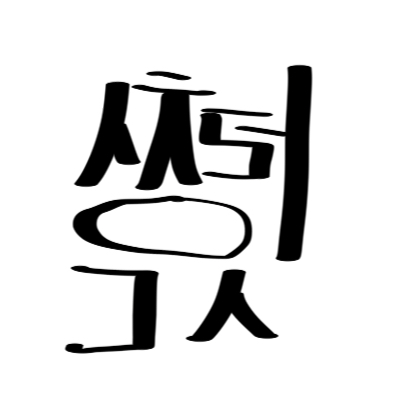I'm working on a set of modifications to Hangul which would allow it to completely express USAmerican English. The project has been going delightfully smooth so far, and I'm writing some stress-test sentences to find the most difficult-to-represent words/syllables (for example, "strengths" is written below.
 )
)
In order to make sure that this half-conscript works well, I want to stress-test it by making sure all difficult syllables are well-representable. And to do that, I'm looking for English syllables with the most phonemes, which Google & Bing are unfortunately not bringing to me.
Could y'all help me out?